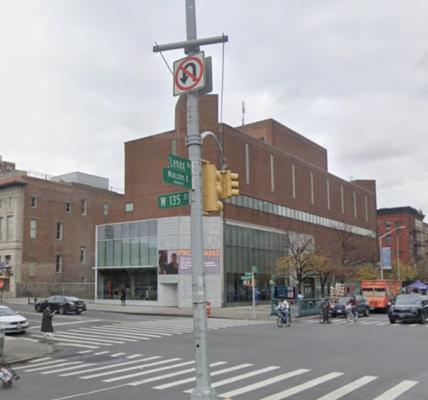Private firms tapped to take over New York City’s ailing public housing complexes will soon face additional scrutiny after the City Council approved legislation on Thursday that mandates annual reports on repair costs, tenant fees and other metrics.
The bill introduced by Councilmember Alexa Avilés of Brooklyn will require the city to compile a raft of data on New York City Housing Authority complexes converted to private management under the program known as Rental Assistance Demonstration-Permanent Affordability Commitment Together, or RAD-PACT. The program switches the source of federal funding for tenant units and turns operations over to private companies that aren’t subject to the same extensive oversight as NYCHA.
NYCHA has so far converted more than 60 developments to RAD-PACT, with about 16,000 apartments moved to private management as part of a strategy to relieve the agency’s financial burden after years of federal disinvestment. Avilés said the results of the conversions have been a “mixed bag,” as tenants describe improvements at some campuses, while other residents say private managers have failed to improve conditions. She said the city should be publishing more data to find out what’s going right and wrong.
“The assumption here is that the private market and private management solves all problems,” Avilés said. “This is still public housing and we cannot relegate our responsibility for oversight to make sure that tenants receive dignified services and live in dignified homes.”
The yearly report must include total repair costs, eviction data, the amount of fees paid by tenants, their rent and the average number of days it takes to complete work orders at each privately run NYCHA campus. The report is also supposed to include the names of any subcontractors hired by the private firms and details about resident outreach and engagement.
“Over the years there has been really a lack of understanding, a lack of data and evidence around the claims that have been made, and just a basic assessment of really what it is that we’re doing, given how much of the housing stock is being put into the pipeline,” Avilés said.
The measure now heads to Mayor Eric Adams for review.
NYCHA spokesperson Michael Horgan said the agency is already providing some of the information required by the new legislation, “in line with our commitment to transparency and accountability.” On its website, the agency has begun publishing more data on evictions and average times for completing work orders at the complexes that were converted to private management.
At a Council hearing last month, some tenants described the positive impact of private conversions. But far more testified that things haven’t improved at their campuses since NYCHA turned them over to private companies.
As Gothamist first reported, one private management company was fired after the developer of the site said they put funding in jeopardy and failed to control costs. But NYCHA is standing by the management company, Pinnacle City Living, as it prepares to take over two other complexes in Harlem and Staten Island.
NYCHA estimates that it needs roughly $78 billion to cover repairs and renovations across its campuses and more than 177,000 apartments. A federal monitor overseeing the authority from 2019 until earlier this year had also urged NYCHA to improve its methods of internal accountability and governance.





